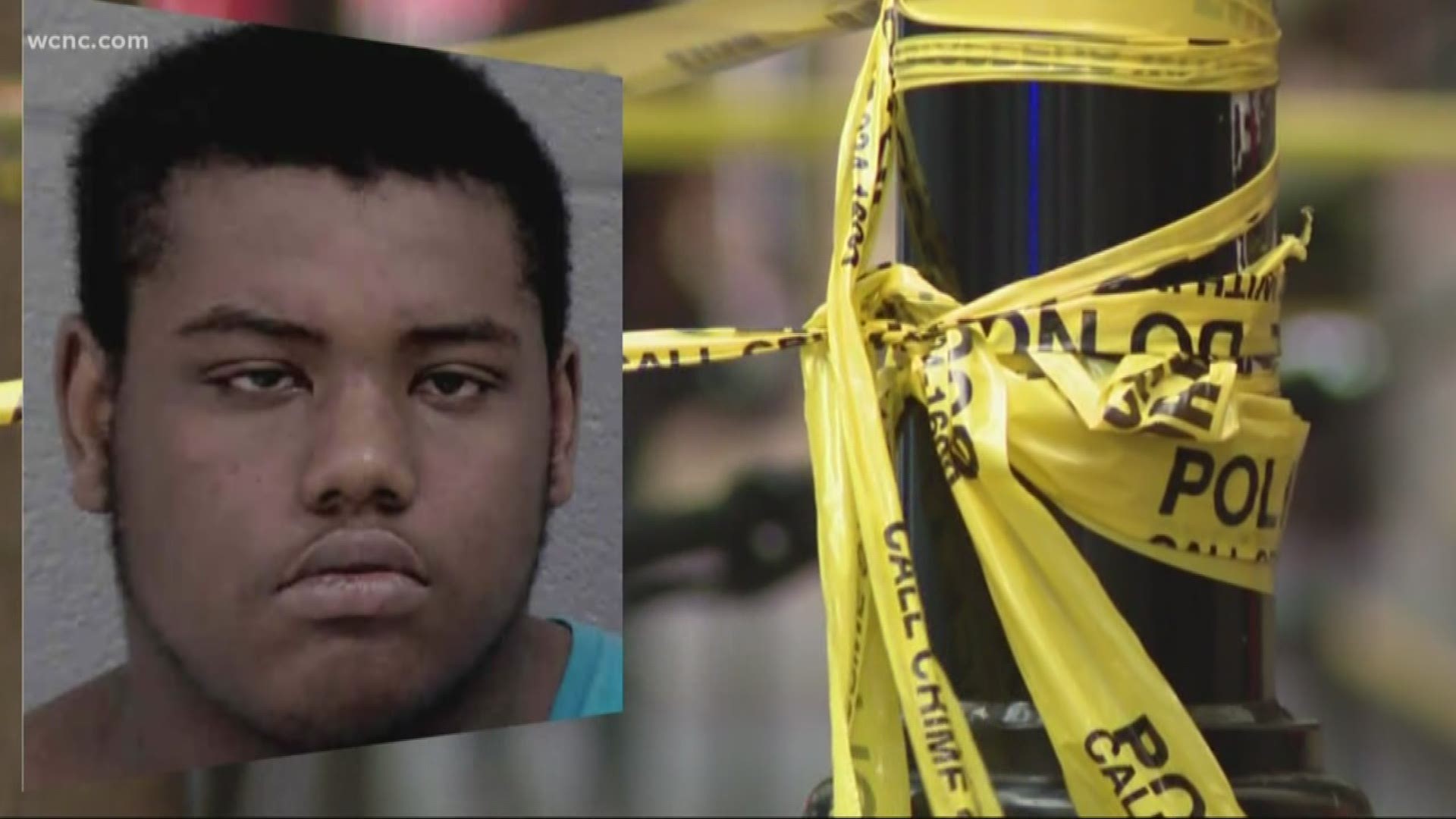CHARLOTTE, N.C. — Changes are coming to the North Carolina criminal justice system and how it treats juvenile offenders. North Carolina’s new Raise the Age law goes into effect December 1.
According to the Department of Public Safety, 16 and 17-year-olds who commit crimes in North Carolina will no longer automatically be charged in the adult criminal justice system. Nonviolent offenses alleged to have been committed by those up to 18 years old will be heard in juvenile court.
Frank Crawford with The Children’s Alliance advocated for lawmakers to pass Raise the Age.
"Juvenile court is very interested in helping kids and figuring out how kids get in trouble and how we can help families to help kids,” Crawford said.
Mecklenburg County has seen several notable offenses committed by juveniles this year.
Raheem Shacklette, a 16-year-old, is charged with the murder of 74-year-old Dr. John Holaday. Holaday was the CEO of a drug disposal company who was an innocent bystander walking to a business meeting in Uptown when police said he was hit by a stray bullet.
Raise the Age will have no impact on Shacklette’s case, but going forward starting in December, criminal cases for juveniles up to age 18 will begin in juvenile court. For serious offenses, such as murder, transfer to adult court is then mandatory upon notice of an indictment, or a finding of probable cause after notice and a hearing.
"Unfortunately, in Charlotte, there have been a couple of 16 and 17-year-olds in recent months who have been charged with very serious crimes including murder,” Crawford said. “Those kids would still be treated in the adult court system."
The new law will mainly impact 16 and 17-year-olds who are nonviolent offenders. They will no longer be automatically charged as adults.
Crawford said the research has shown that if you treat these teens as juveniles, then their outcomes are much better.
"The system will be focused on really rehabilitating those kids and trying to put them on a path to see that they don't recommit crimes,” Crawford said.


